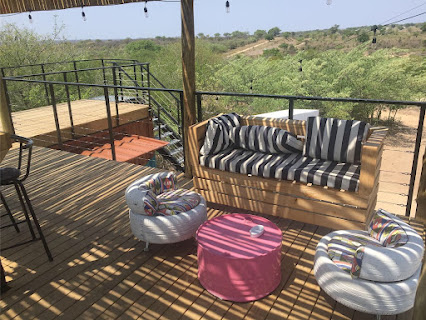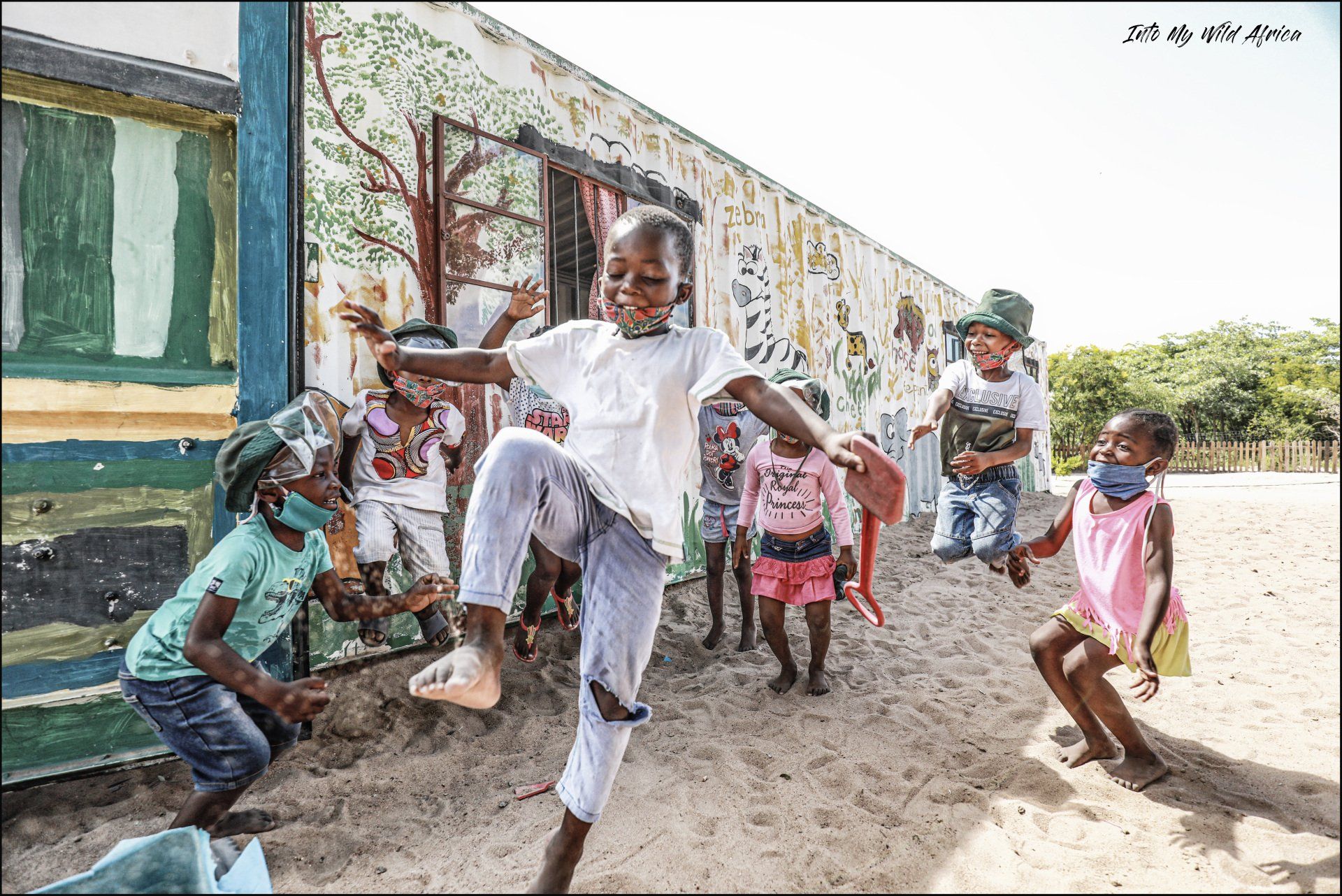Nourish the soul and help fight poaching
Can you, wherever you are in the world, whoever you are, do something to help stop poaching in Africa and help some people at the same time? Yes, you can, for the price of two or three cups of coffee per month. Read on, if you're interested.
Poaching, and the broader issue of the illegal trade in wildlife, features in some form or another in many of my books, including the latest, The Pride, and Rhino War.
In The Pride we learn how disadvantaged communities in the Western Cape turned to abalone poaching when they were forcibly removed from their traditional fishing areas, and how even a legalised, quota-based trade in abalone cannot keep pace with rising demand for this sought-after shellfish. This lucrative trade is now controlled by organised crime buyers (Chinese Triads), and equally ruthless sellers, Cape Town's notorious numbers gangs.
In Rhino War, a non fiction biography I wrote with retired Major General Johan Jooste, the general states that the fight against poaching cannot be won solely by men and women in the bush, the rangers on the frontline.
Communities bordering national parks and game reserves need to truly believe that they are benefitting from the wildlife on the other side of the fence, and not to see endangered animals as a source of income and/or food. But, as General Jooste says, bluntly, this idea of sharing the benefit needs to go further than the lady selling beads at the national park entry gate.
Governments need to share the wealth from their money-earning game reserves and invest in education, employment, training, and businesses in the communities adjacent to wildlife areas, which can supply and service the needs of the national parks and luxury private game lodges. I've seen this happen, in Rwanda, where the community living next to the Volcanoes National Park, home of the endangered Mountain Gorillas, is clearly reaping the benefits of tourism.
That isn't happening on a widespread, government-backed way in South Africa, but that's not stopping some enterprising, good hearted people from taking the initiative themselves. The best example I've seen of a grass-roots approach to getting a community involved in environmental conservation, and sharing the benefits of tourism is the Nourish Eco Village on the road into Kruger National Park's Orpen Gate.
The idea behind Nourish is that to help Africa’s wildlife, we have to help her people.
Poverty is a root cause of poaching and the best way to support wildlife is to support people, by giving them alternatives to a life of poverty or wildlife crime.
Nourish helps families by providing a creche and feeding program for children from the local village, which helps relieve some of the financial burden on parents, and allows them to pursue work. A computer lab allows locals to learn new skills and to write and print job applications and resumes. A library and after-school reading program helps kids improve their language skills, to supplement their learning. A communal grannies' kitchen allows older women from the local community to come together to help the children and the community, while a veggie garden provides produce to allow sustainable self-sufficiency. There's a (brilliant) art and craft shop supporting talented local artists and a resident seamstress will run up fabric goods to order.
A cool new cafe offers one of the few spots for people driving the long road into the Kruger Park a funky place to stop for a cappuccino or Nourish's signature Monkey Orange milkshake. The cafe is raising some much needed funds and, at the same time, teaching local people hospitality skills.
Several programs being run at Nourish educate children about the environment, sustainability, wildlife and conservation. It's very hands on - one initiative teaches kids about caring for their family pets, on the basis that empathy and consideration for animals and wildlife starts in the home.
The first Nourish Eco Village is celebrating its 10th anniversary this year and the organisers are now planning on expanding. Land has been acquired for two more villages in the poaching buffer zone adjacent to Kruger, including one near where I live in South Africa, near the Paul Kruger Gate entrance to the Kruger Park. Construction will begin next year.
I recently spoke at a fundraiser for Nourish. In my talk I said that if there is one thing that has struck me in my travels in Africa that is greater in scale than the problems people face it is that unquantifiable yet very real thing called the indomitable human spirit. Government may not be investing enough in the communities bordering the Kruger Park, but that's not stopping ordinary people from doing so.
There's a cost to all this and while the villages aim to be self sufficient Nourish still requires outside funding. They're now looking for 1,500 good people to to become monthly donors to allow Nourish to cover the core costs of salaries, food for the 70 children who rely on them for a hot meal each day, and electricity.
For the price of two or three coffees or one overpriced glass or wine or beer in Australia, the UK, the US or Europe, you can make a difference each month to a whole community. I've put my money where my mouth is on this one, and donated the equivalent of a year's worth of contributions, because I believe in what Nourish is doing and I've seen them go from strength to strength.
If you'd like to join me in fighting poaching by helping people, please have a look at this link.




Comments